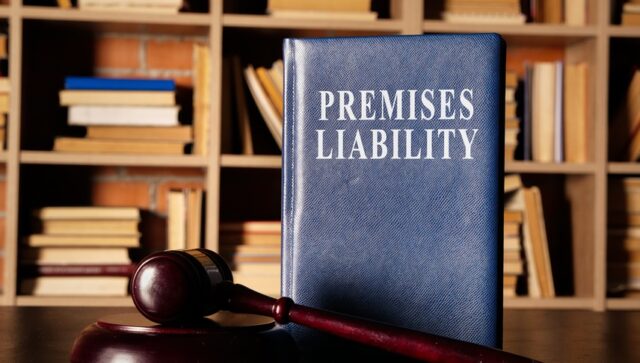
Liability insurance is the type of coverage that helps protect the insured or their business. The liability insurance market size globally was $252.34 billion in 2024 and is expected to reach $432.81 billion by 2031, with a compound annual growth rate (CAGR) of 5.7% from 2024 to 2031.
Premises liability insurance is a type of insurance that can protect property owners or landlords from financial losses if someone is injured on their property. Here are a few key points about this type of insurance:
What Does Premises Liability Insurance Cover?
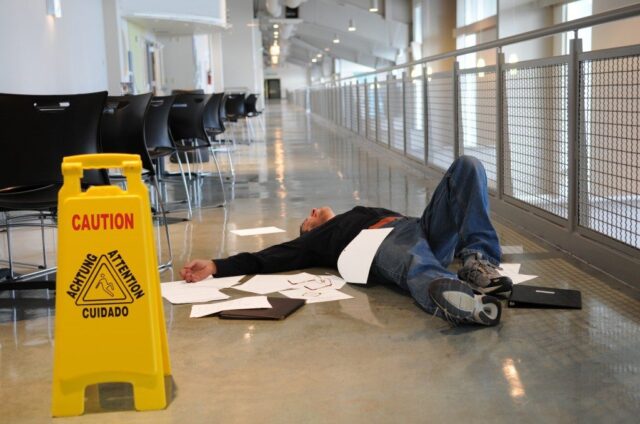
Premises liability insurance covers injuries that occur on your property. This includes injuries that occur within your business, building, parking lot, and any other part of the property.
The insurance will cover both you and your employees if they are found responsible for causing a personal injury on the premises. It will also cover a visitor or guest of yours who is injured while on the premises with permission from you or an employee who works for you.
What Kinds of Businesses Need Premises Liability Insurance?
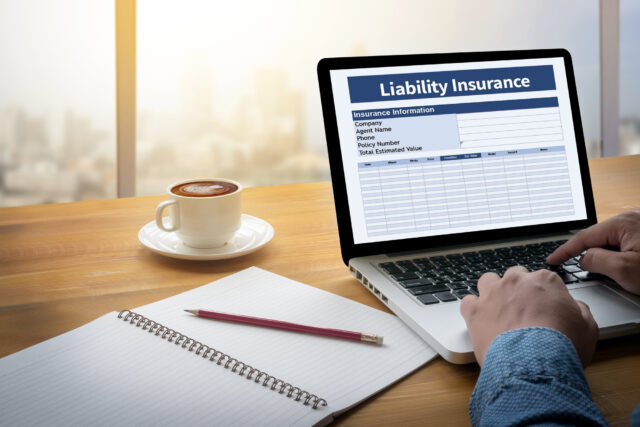
According to The Balance, almost 10% of all business claims are customer slip and fall claims, 5% are struck by an object claims, and another 5% are customer injury and damage claims.
If you own a business that has customers or clients on your premises, you need premises liability insurance. If employees are working on your premises, you need premises liability insurance.
If customers or clients are visiting your premises and they get hurt in some way (like slipping and falling), then you need premises liability insurance. And if employees are visiting the premises and get injured while they’re there, then again, you guessed it, you need this type of coverage.
Is Premises Liability Insurance Required by Law?
As a business owner, you probably want to know if your state requires premises liability insurance. Though most states do not require it, some states do require it for certain businesses or in certain situations. Such as when an employee carelessly injures someone while carrying out company duties.
Who Is Covered Under Premises Liability Insurance?

Your business is liable for injuries suffered by your employees and customers on your property. Because of this, it’s important to have premises liability insurance that covers these parties as well as any visitors who happen upon your business while it’s open.
The scope of coverage can also apply to contractors and subcontractors who are hired by you or a third party to work at your facilities. This includes construction workers, landscapers, window washers, etc.
Are There Exclusions to Premise Liability Coverage?
Premises liability insurance does not cover intentional acts. If someone is injured on your property due to an intentional act you have committed, the insurer will not be liable for your actions.
For instance, if you willfully throw a brick through your neighbor’s window and they are injured when they try to get into their house, this would not be covered by premises liability insurance.
The same goes for any other intentional action or inaction that causes injury or damage on your property.
What Is the Amount of Coverage Provided by Premises Liability Coverage?
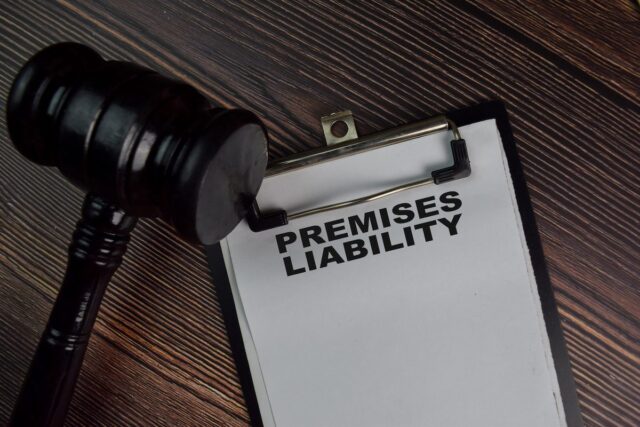
Premises liability insurance will cover the cost of repairing or replacing damaged property, as well as any medical bills that are related to the injury. The insurance will also cover the cost of defending against a lawsuit.
How Much Does Premises Liability Insurance Cost?
According to Forbes, small business insurance can cost anywhere between USD 14 to USD 124 a month, depending on which type you buy.
The cost of your premises liability insurance is based on several factors. The most important of these are:
- the risk of your business
- the size of your business
- the location of your business
- the type of business you have (for example, a bar or restaurant)
Factors That Affect the Cost of Premises Liability Insurance
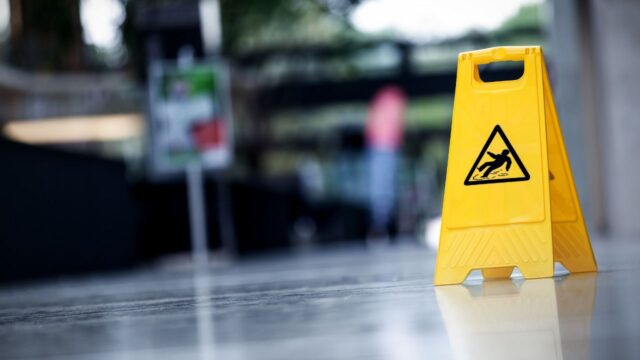
The cost of it will depend on several factors, including:
- The size and type of business you have.
- The number of people who come in contact with your premises.
- Your property’s location.
- Your claim history.
Your insurer will look at the size and type of business to determine the risk your property presents. Businesses with higher customer footfall such as retail establishments tend to carry a greater liability risk and may require additional cover. Your insurer will also consider whether you offer any services that could increase potential injury, such as swimming pools or electrical appliances.
The location of it is another important factor for insurers to consider. If you are located in an area known for frequent crime or where property damage may be more likely due to natural causes like flooding or hurricanes, then you may find that the rates offered by insurers will be higher than other businesses located in safer areas.
Your property’s claim history may also influence insurance companies when deciding on premiums. If you have a good record over several years of no claims against your policy, then this can be used as a bargaining chip when negotiating prices with potential providers.
It can pay to shop around when considering policies and make sure you are getting value for money by looking at all available options before making a decision regarding which one suits your specific needs best.
Premises Liability Can Be Based on Jurisdiction
Premises liability can be based on jurisdiction, which means that the rules for a policy may vary depending on where you live. For example, if you are in an area that has a high crime rate, then your premises liability insurance coverage will likely reflect that risk by having higher limits on theft and vandalism.
It is important to know the laws regarding premises liability before purchasing a policy because it could save you money in the long run.
Conclusion
We hope that we’ve been able to provide you with a better understanding of what premises liability insurance is and why it’s so important. As we mentioned before, if you don’t have this type of coverage, then your business could be in big trouble if something goes wrong on its property.
So, if you were considering getting a policy for yourself or your company but weren’t sure how much it would cost or how much coverage it should include, hopefully, now you know where your priorities should be placed when deciding whether or not this type of policy is necessary for your particular situation.









